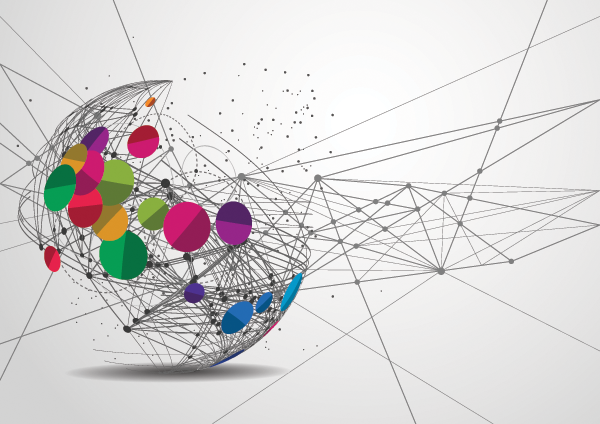It’s fitting that November is National Alzheimer’s Disease Awareness Month and National Family Caregivers Month. Nearly half of all caregivers for older adults in the United States – family, friends and other unpaid caregivers – are caring for someone with Alzheimer’s disease (AD).
Caregivers are essential to those living with Alzheimer’s and contribute 18.5 billion hours of care valued at nearly $234 billion. Caregivers for people with Alzheimer’s dementia are relied upon to provide everything from help with the basic activities of daily living to managing healthcare needs to transportation to and from clinical trials. Caregivers also often participate in the trials themselves as a study partner, an invaluable and required role in many AD research studies. Without reliable and willing study partners, many AD trials would be unable to meet enrollment needs.
As anyone who has been a caregiver will tell you, caring for a person with AD is deeply challenging. Thankfully, a wide range of those with a public voice are increasing awareness that caregivers are not alone. Bryan Cranston, the star of TV’s Breaking Bad, has stressed the importance of the role of caregivers, giving them much-deserved acknowledgement and attention.
“The caregiver is the unheralded hero of humanity,” Cranston says. “I revere caregivers as I do first responders.”
Cranston cared for his mother after her diagnosis with Alzheimer’s and has since become an advocate for Alzheimer’s research while raising awareness of the power and strength of caregivers.
Actor, musician and writer, Peter Gallagher, cared for his mother with Alzheimer’s for more than 20 years.
“An Alzheimer’s diagnosis can be as devastating to the caregiver as to the person diagnosed,” Gallagher reflects. “But the more you understand about the disease the better.”
Actress Marcia Gay Harden experienced the highs and lows of caregiving firsthand while caring for her mother, Beverly, who had Alzheimer’s.
“Caregivers feel guilty that they can’t do enough, but you have to go easy on yourself…Being in the moment with the person, knowing they have an ability to recognize the familiar even if they can’t verbalize it, your familiar love validates them. They don’t have their memory to validate their existence. Memory is like a companion and they don’t have that anymore so just holding their hand is so important.”
To ensure caregivers stay balanced and healthy, CaregiverAction.org suggests these top 10 tips.
1. Seek support from other caregivers. Online support groups are a great option.
2. Take care of your own health so that you can be strong enough to take care of your loved one.
3. Accept offers of help and suggest specific things people can do to help you.
4. Learn how to communicate effectively with doctors.
5. Take respite breaks often.
6. Watch out for signs of depression and don’t delay getting professional help when you need it.
7. Be open to new technologies that can help you care for your loved one.
8. Organize medical information so it’s up to date and easy to find.
9. Make sure legal documents are in order.
10. Give yourself credit for doing the best you can in one of the toughest jobs there is!
Other Resources for Caregivers:
National Institute on Aging Alzheimer’s Caregiving Information
Alzheimer’s Association Caregiving Information
UsAgainstAlzheimer’s A-List – What Matters Most
About the Global Alzheimer’s Platform Foundation
The Global Alzheimer’s Platform Foundation (GAP) is a patient-centric, non-profit organization dedicated to speeding the delivery of innovative therapies to those afflicted with Alzheimer’s by reducing the time and cost of Alzheimer’s disease (AD) clinical trials.
References:
